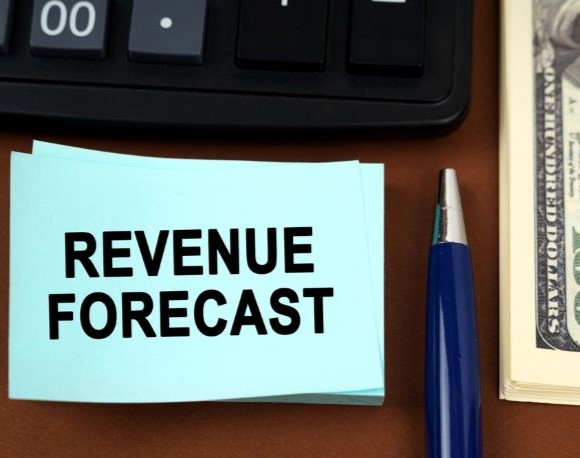January 9, 2024
Wildfire season is months away but new permanent rules for wildfire smoke go into effect on Jan. 15.
New permanent rules for wildfire smoke
The new permanent rules for wildfire smoke include several new requirements that increase as air quality levels grow worse.According to the Department of Labor & Industries Wildfire Smoke & Workplace Safety and Health web page, at a minimum, all covered employers must:
- Prepare a written wildfire smoke response plan.
- Provide wildfire smoke training to employees.
- Watch the PM2.5 conditions and forecasts.
- Prepare a two-way communication system.
- Make provisions for prompt medical treatment, and permit that treatment without retaliation.
As air quality levels worsen to an Air Quality Index (AQI) of 69-100, employers must:
- Notify employees of the PM 2.5 conditions
- Make sure only trained employees work outdoors
- Consider implementing exposure controls
- Consider using voluntary use respirators
When the AQI is between 101-300, employers must also:
- Make N95 respirators available for voluntary use
- Implement exposure controls, like:
- Providing enclosed buildings, structures, or vehicles where the air is adequately filtered.
- Providing portable HEPA filters in enclosed areas.
- Relocating work to a location with a lower smoke level.
- Changing work schedules to a time with a lower smoke level.
- Avoiding or reducing work that creates additional dust, fumes, or smoke (for example limiting welding, sanding, sawing, spray painting, etc.).
- Reducing work intensity.
- Providing additional rest periods.
The requirements continue to increase as the AQI increases beyond 301. More information is available on the L&I website.
Areas of concern
BIAW is proud of our work to help employers keep their job sites safe and healthy, particularly participants in the ROII program. We’ll continue to work to help builders comply with these rules to keep themselves and their workers safe.We did, however, voice concerns about these new rules, including:
- Confusing and complex air quality monitoring requirements. Air quality tools can cover vast amounts of area with ranging differences in air quality. It’s unclear and could result in unnecessary action and/or slowdowns at a time when our state needs us building more homes, not less.
- Similarly unclear training requirements. Annual training is required but it’s unclear whether a worker must receive training at every job site or just once a year. Clarity is important.
- Mandatory respirators for voluntary use. Finally, the rule requires mandatory respirators for voluntary use at an AQI of 101, which is only unhealthy for sensitive groups, not the average healthy individual. We recommend rather than applying this rule to all, only apply it to those who self-identify with a health sensitivity and allow them a respirator as requested.
As we receive more guidance from L&I, we will provide more information to help you comply and keep your workplaces safe during fire season.








